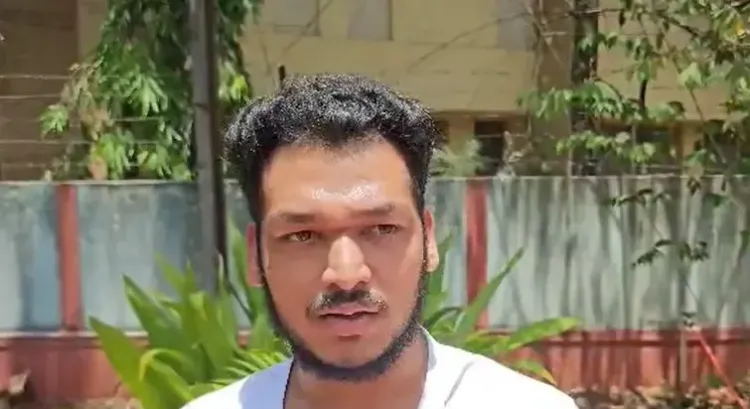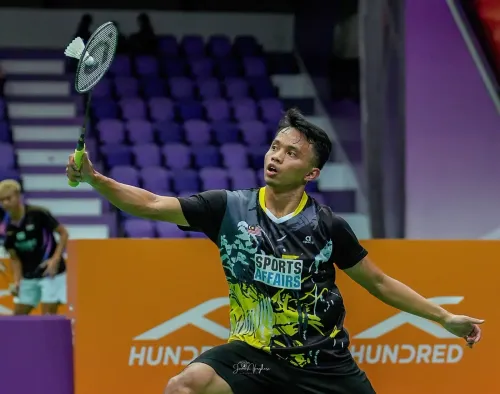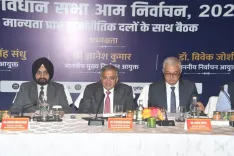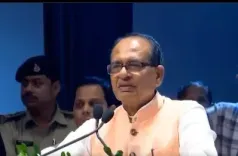How Are the People of Karnataka Reacting to the Caste Census Approval?

Synopsis
Key Takeaways
- The caste census is seen as a vital tool for social equity.
- It aims to enhance understanding of India’s demographic landscape.
- Local support indicates a strong belief in its potential benefits.
- Timeliness of the census is crucial for effective policy-making.
- The last census was conducted in 2011, with the next expected in 2025.
Karnataka, May 1 (NationPress) - Following the approval of a caste census by the Cabinet Committee on Political Affairs (CCPA), led by Prime Minister Narendra Modi, residents of Vijaypur and Dharwad in Karnataka have voiced their enthusiastic support for this initiative.
IANS spoke with various individuals in these areas who articulated their views on how the caste census could positively impact both the people and the nation.
Nagraj Nayak, a local Kannadiga, remarked, “The endorsement of the caste census by the Modi-led government represents significant progress. While the Congress has claimed that the BJP opposes the caste census, it is evident that the party, along with PM Modi, is acting in the nation's best interest.”
Prithviraj, another resident from Vijaypur, stated, “The caste census is beneficial for the citizens of India. It will aid in enhancing the economic conditions of various communities.”
Omkar, also from Vijaypur, expressed, “The Centre’s decision to implement a caste census is a constructive step. This decision should have been made sooner. It is crucial for the advancement of both the population and the nation.”
Pramod, another local, commented, “In the midst of intense political dialogues, PM Modi has courageously pushed forward with the caste census. I applaud this initiative. The Congress claims that the BJP approved it due to the imminent Bihar elections, but I remind Rahul Gandhi that in 2006, the Congress itself opposed the caste census. The BJP had even advised the Congress to conduct the census but not exploit it for political purposes. A caste census should be executed every decade.”
“The last national census was in 2011, with the next scheduled for 2021; however, it was postponed due to COVID-19 and various elections. Now, the central government has made a timely and transparent choice. A legitimate caste census is set to occur in 2025 alongside the national census,” he noted.
Sachin Kothar, another resident, emphasized, “The caste census is vital. It will enable us to grasp the demographic structure of various castes in the country, which is essential for devising welfare programs and ensuring social equity.”
The Census is a decadal population-based survey that commenced in 1872 under Viceroy Lord Mayo, with the first complete census conducted that year. Since 1951, it has been carried out under the 1948 Census of India Act by the Registrar General and Census Commissioner of India, under the Ministry of Home Affairs. The 2021 Census was postponed due to the COVID-19 pandemic.









